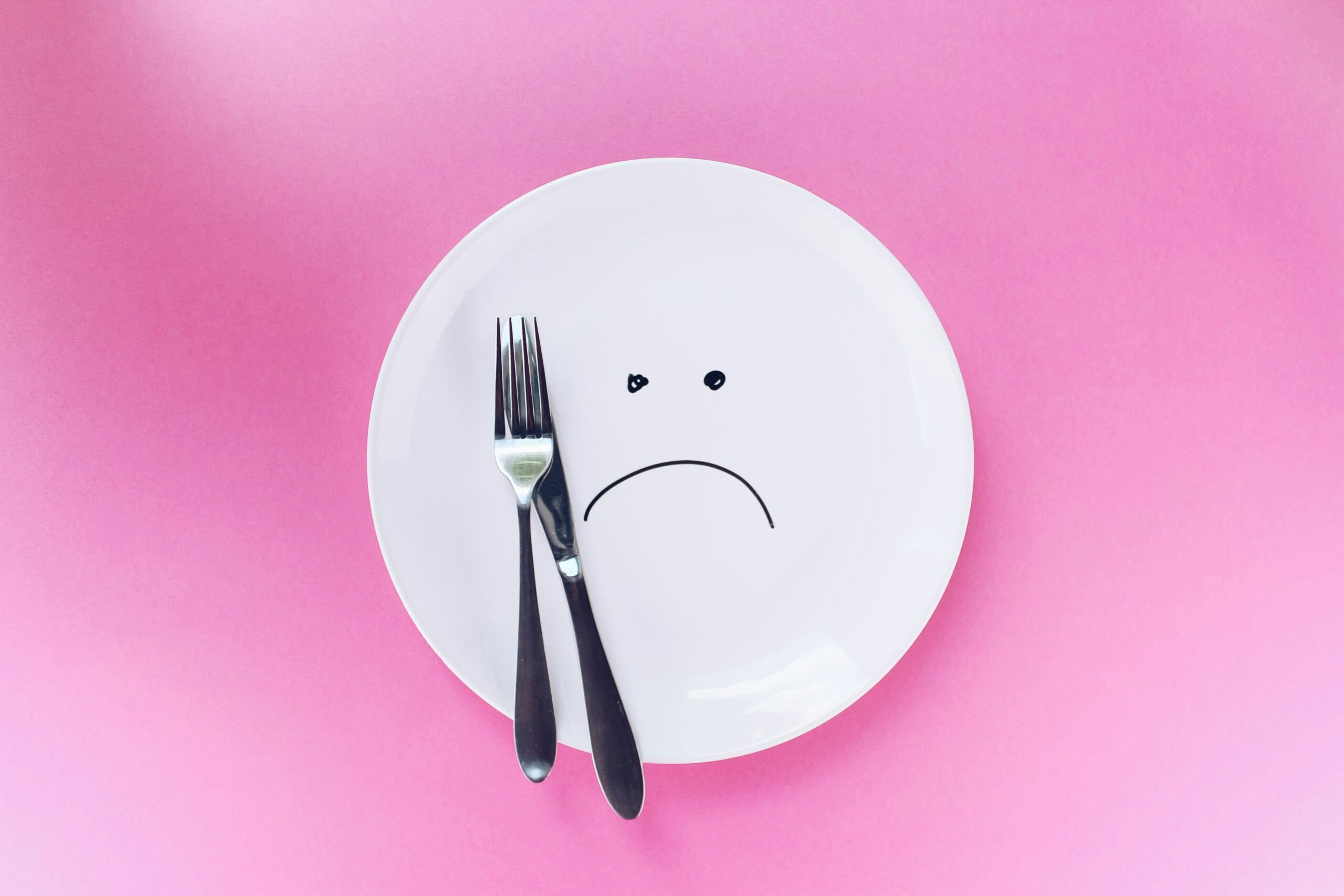Navigating Appetite Problems During Cancer Treatment
Apr 12, 2023
Share

Cancer patients often have a lack of appetite or no desire to eat. This can be caused by a number of factors including fatigue, depression, worries about treatment, or gastrointestinal side effects like nausea, vomiting, and diarrhea. Additionally, some cancers can produce hormones that impact how the body experiences hunger and fullness.
What can you do when you have no appetite?
Switch Out Large Meals for Smaller Meals
When you have no appetite, it can be quite difficult to sit down to a large plate of food. Because a large meal can be intimidating, smaller meals or snacks can be a much more manageable option. This can help you ensure you are reaching your nutrition goals but are not feeling discouraged by large plates of food that you leave mostly untouched. Having 6-8 snacks per day can be a much better option than 3 large meals every day. When dealing with a lack of appetite, be sure to take full advantage of moments when you are feeling hungry to maximize eating and nutrition during that time.
Make Your Small Meals and Snacks Well Balanced
Making nutritionally balanced meals and snacks is key to meeting your nutritional needs while keeping food volume at a manageable level. Make sure to include a carbohydrate, protein, fat, fruit, and vegetable at every meal or snack to keep your energy levels stable throughout the day. This could be crackers, cheese, and vegetables; a slice of whole wheat toast with peanut butter and banana slices; or cottage cheese with fruit and a side of carrots.
Add in Extra Fat For Energy
Adding extra fat to your snacks and meals can help you meet your energy goals since fat is the most calorically dense macronutrient. This can be in the form of added butter, cheese, gravy, or sauces. Only a small amount of fat packs a big energy punch!
Make Sure You are Weighing Yourself Weekly
Weigh yourself once a week in the morning after using the bathroom and record the number. If you notice the number is going down for more than 2-3 weeks, make sure to contact your care team.
Appetite issues can be frustrating for cancer patients and concerning for caregivers, but ensuring you are getting enough energy to support your body is crucial during treatment. If you have any questions about helping with appetite, reach out to the registered dietitians at OncoPower for more personalized recommendations and support.
References:
Loss of appetite. Managing Cancer-related Side Effects. https://www.cancer.org/treatment/treatments-and-side-effects/physical-side-effects/eating-problems/poor-appetite.html. Published September 14, 2022. Accessed February 17, 2023.
Trusted by cancer patients around the world.
Joan-Smith
Virginia, United States
ChuckHastings
Florida, United States
DebraPearl
Pennsylvania, United States
Jennweeks
Iowa , United States
PatrickDW
Western Cape, South Africa
Jamie-Alexander
Floroda United States
CJ
Liz
Florida, United States
NYCynthia
New York, United States
Ferdi
California, United States